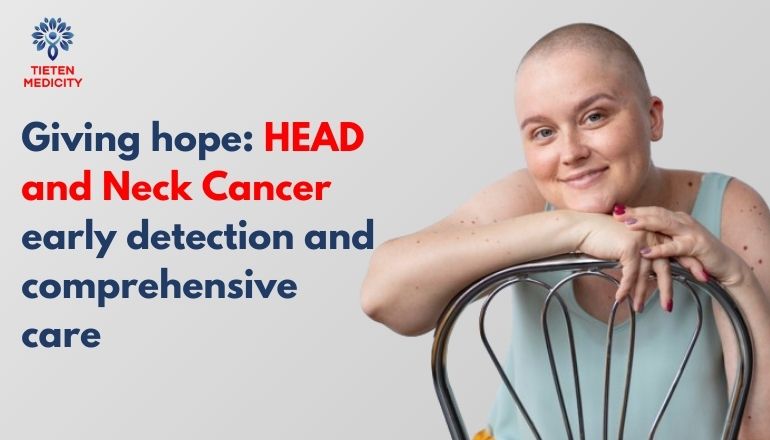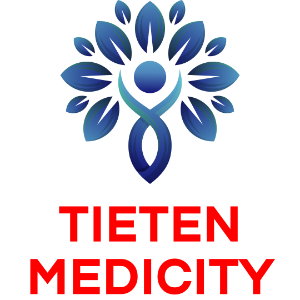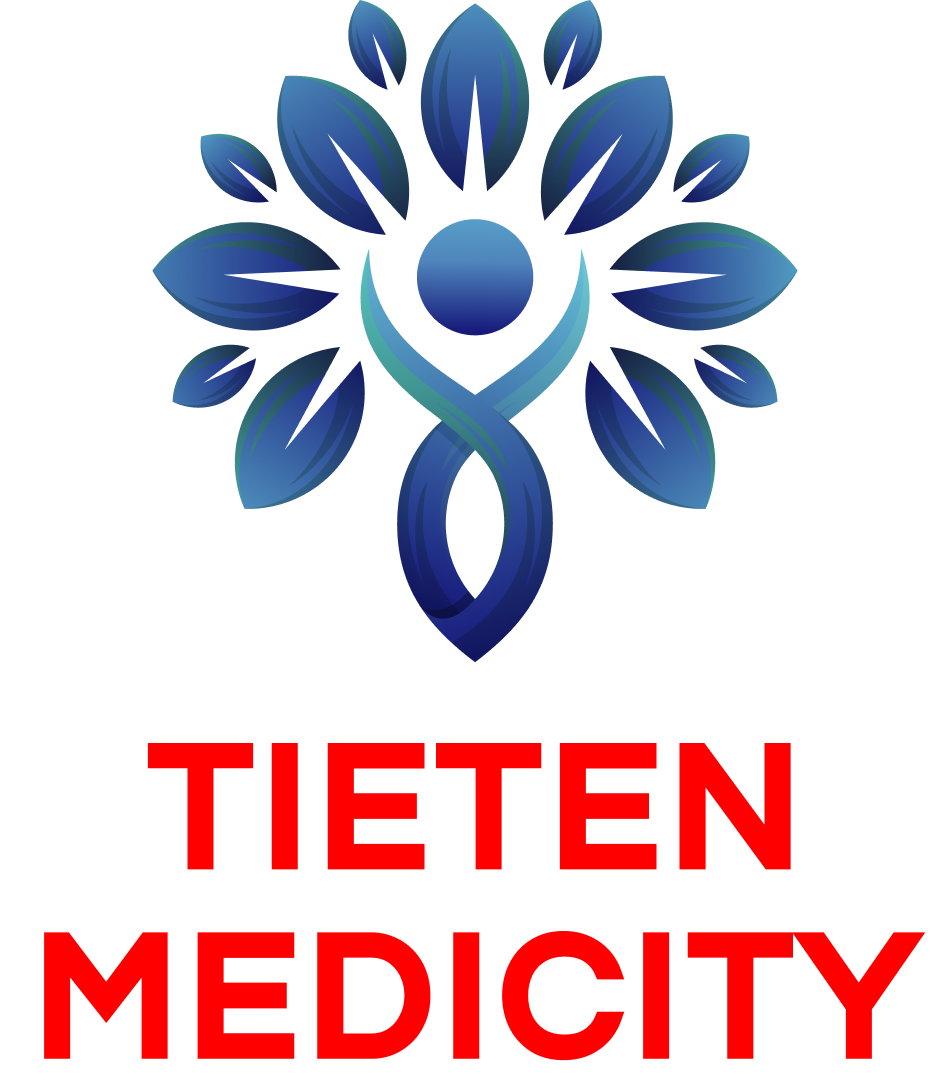
Head and neck cancers are one of the most debilitating diseases physically, functionally, as well as psychologically. The cosmetic and the functional consequences leave a long-lasting toll on a patient’s general health. So, it necessitates the need for early detection and screening, enabling management at an early stage. Head and neck cancers include cancers of the mouth, larynx (voice box), throat, lips, nose, sinuses, facial skin, and salivary glands. Most types of head and neck cancers begin in squamous cells that line the moist surfaces inside the head and neck (for example, the mouth, nose, and throat).
WHEN TO WORRY?
- White or red patch, non-healthy oral ulcer (more than 15 days)
- Persistent sore throat
- Change in voice
- Foul breath
- Swelling of face or neck
- Lump, bump, or mass with/without pain
- Persistent nasal obstructions or congestion
- Unexplained bleeding
WHO IS AT HIGHER RISK?
Tobacco: Tobacco in all forms like cigarettes, cigars or pipes, chewing tobacco, and using snuff is harmful. Topical application in the form of masheri. The single largest factor of head and neck cancers are linked to tobacco use.
- Alcohol: Frequent and heavy alcohol consumption raises the risk of developing cancers in the mouth, pharynx, larynx, and esophagus.
- Constant trauma: Sharp impinging teeth or ill-fitting dentures
- Human papillomavirus, Epstein-Barr virus
- Sun-exposure
TREATMENT
Surgery: The aim is to remove the diseased tissue and get healthy margins around it to be safe. The tissue removed is sent for a Pathological evaluation. Surgery is the most widely accepted treatment choice in most of the head and neck cancers. With the advances in surgery, various modern techniques make it more acceptable and less traumatic for the patient. In certain situations even the option of scarless, endoscopic, and robotic surgeries.
Radiation/Chemotherapy: After the final histopathology report, a call may be taken for further treatment like Radiation therapy with or without chemotherapy, which usually must begin 4-6 weeks after surgery.
In conclusion, treatment of head and neck cancer requires a multi-disciplinary approach with a team comprising of a head and neck cancer surgeon, a plastic-reconstructive surgeon, an onco-anaesthetist, a radiation oncologist, a medical oncologist, an onco-pathologist, a speech and swallowing therapist, a physiotherapist, a dental surgeon, an occupational therapist and a medical counselor.
We have a specialized team of oncologist in Thane that aims at giving patient disease free survival along with best possible cosmetic and functional outcomes. We aim at giving the best oncological outcomes and providing good quality of life. And, a good team can deliver excellent service with the support of advanced infrastructure.
Reach out to us at Tieten Medicity, call us +91-8433846798 or 022 6938 8000, and our expert team will guide you through personalized care plans and best treatment options. For inquiries or to schedule an appointment, feel free to email us at info@tietenmedicity.com. You deserves the best cancer treatment above all, and at Tieten Medicity, we are dedicated to providing it. Visit us for more details.




